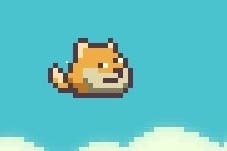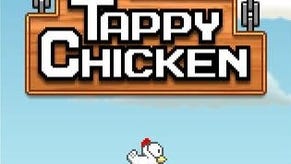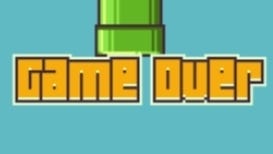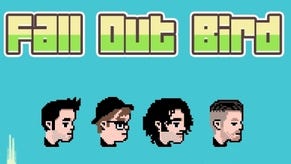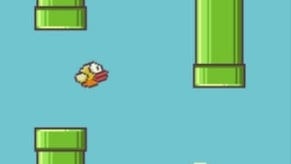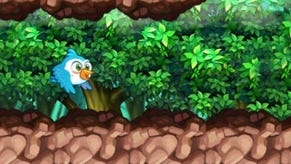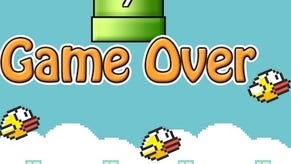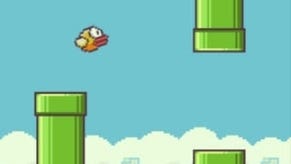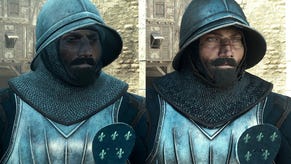Ripping off Flappy Bird: the murky world of app cloning
And the people who'll do the job for $200.
Flappy Bird is gone, but its influence remains. The overnight hit disappeared from App Stores nearly a week ago, but search for "Flappy Bird" on an online jobs site today and you'll get dozens of hits.
None of these listings are for opportunities to work on the actual Flappy Bird, of course. Instead, they are job ads from companies and cash-seeking entrepreneurs seeking to get rich quick with their own version.
It's a fact of the mobile industry that whenever a successful game comes along, dozens of clones aren't far behind. It's a gold rush for those who can code - or who can afford to pay a coder - to get the job done and a copy released as quickly as possible.
Sites like Elance host a blossoming marketplace for mobile game mercenaries - people with app knowledge that are up for hire.
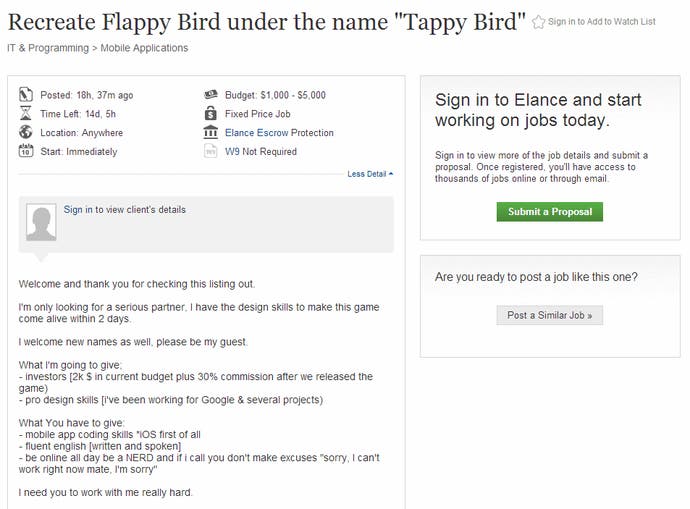
Job descriptions vary depending on whatever part of the app a developer needs help with - in many cases the developer already has a copy of the game's basic code and simply wants to re-release it with changed graphics, in which case an artist can be brought in to quickly provide new imagery.
"Flappy Bird-like game graphics re-skinning (30 images)", a typical post reads. The budget is $150-$250. "I'll need a simple 2D graphics design for my game similar to popular Flappy Bird. What you need to do: Seven simple 2D animal characters, seven seamless backgrounds associated with characters, seven pipes images (if you ever played Flappy Bird you'll know).
"I imagined it all to look something like Tiny Wings game, and that should be your guideline," the job post adds. "That is what I'm looking for."
Other developers will get someone to do nearly all of the work for them. "Flappy Bird clone with ads," another advert reads. "Simple, I need a clone with [mobile development framework] PhoneGap for 'Flappy Bird' game and integrate ads into the game. The game has to be delivered as soon as possible."
Hiring someone to provide both code and graphics is more expensive, so the budget is often more - in this case, $500. Within two hours of posting, the advert already had five offers from coders hungry for the job.
There's still no guarantee that an app will be successful - even when cloning a hit game - but the cheap cost of launching an app means the barrier for entry is low. It also means that developers can flood the App Store with countless attempts simply to see what sticks and becomes lucrative.
"You want to be re-skinning graphics and not re-skinning content. That's a huge difference. If I spend $600 on a re-skin, I give it 33 days to make $1200."
Carter Thomas, App store entrepreneur
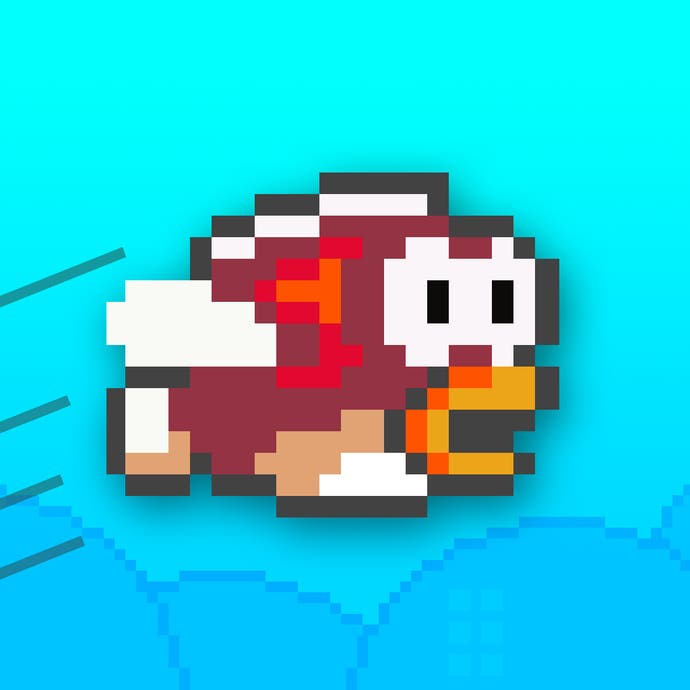
App store entrepreneur Carter Thomas recently sold his game portfolio for $200,000 and wrote a get rich quick guide for anyone seeking to profit from cloning games. The business has become known as "app flipping", and revolves around releasing games based on popular franchises, or centred around popular celebrities, then regularly churning out re-skinned versions to flood the market.
Thomas got ahead by simply buying ready-made apps from sites like Apptopia, which host the full code for popular game types. With an app ready to launch he could then insert ads and start earning money straight away, before re-skinning the game for minimal cost.
"The golden rule is that you want to be re-skinning graphics and not re-skinning content. That's a huge difference," Thomas wrote. "33 days is my window for making a 100 per cent return. If I spend $600 on a re-skin, I give it 33 days to make $1200.
"I'll watch it and update it and do whatever, but after 33 days, I forget about it. Everyone's got their own number, but after the first month, these low quality games really aren't worth your time relative to the value you get from focusing on the next game."
Eurogamer spoke with Alexey Kholodenko, a developer for an Ukranian business which creates both cloned apps and new games, a practice it operates under separate company names. It creates fresh mobile games under the brand CCSoft but also takes on "outsourcing services" - contract work for others, including game cloning - under the name CodeIT.
"We separate development of our own products and outsourcing (when we develop for somebody else)," Kholodenko explained, adding that each of the company's teams "has its own structure, strategy and philosophy".
The games that it builds from scratch take "three to six months, sometimes even more depending on their complexity and requirements" - far longer than the quick timescales often demanded by the app-flipping entrepreneurs.
"Very often we get requests to clone some of the existing famous products."
Alexey Kholodenko, mobile developer
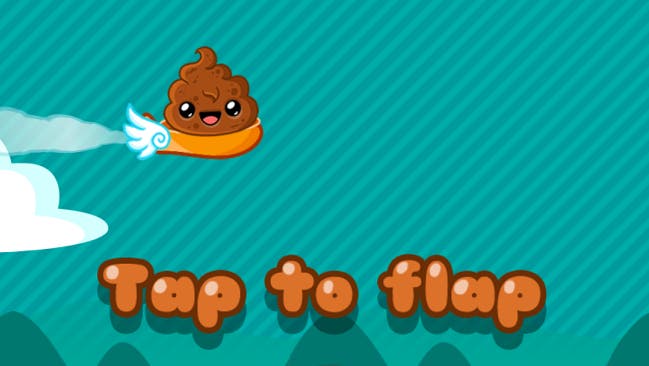
The company's clone-creating arm CodeIT was one of the developers that had applied via Elance to create a Flappy Bird-style app. On that topic, Kholodenko defended the work his company did, and said that the studio had always tried to add "unique features".
"Very often we get requests to clone some of the existing famous products," he explained. "We do have an understanding that it is very risky to develop a 100 per cent clone.
"If we take any of the products as a basis, then we do pay lots of attention and efforts to add some unique 'features' to the game, and especially exceptional graphics quality. So our product differs from the existing one and attracts and involves users in it.
"I know that lots of developers are making 100 per cent clones (just changing graphics) and making money on the games... We've built a lot of such games during the last years for third party customers, and they made some earnings on them. But we also built the games with unique changes, improvements and graphics content that have more than 1 million DAU [daily active users]."
Beyond the app flippers and code providers, there is another party complicit in all of this - the platform holders themselves. App cloning would not be possible if Apple or Google simply blocked copied games from being published altogether.
Eurogamer contacted several app developers who had submitted games to Apple to ask what assurances they had been asked to give about the originality of their work. The responses suggested that Apple's policy was grey at best.
"There's the usual stuff in the T&Cs about owning the content you're uploading, but that just covers overtly ripped off assets. Technically, clones would be exempt."
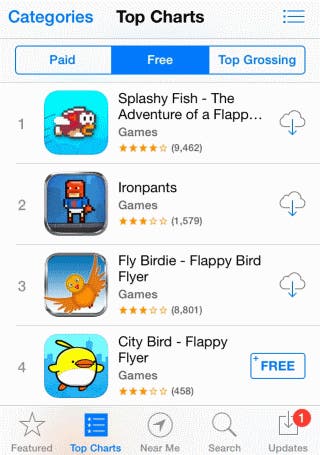
"There's the usual stuff in the T&Cs about owning the content you're uploading," one source explained, "but that just covers overtly ripped off assets - graphics, music etc. - not the functionality of the app or the gameplay.
"So, technically, clones would be exempt."
Look at the iOS App Store and the effects of this policy are clear. The current top games on the store's free chart are Splashy Fish - The Adventure of a Flappy Tiny Bird, Ironpants (a Flappy Bird clone where the titular bird is now a superhero), Fly Birdie - Flappy Bird Flyer, and City Bird - Flappy Flyer. And many of these now have in-app purchases to gain more funds for the developer, as well as ads.
The number of other clones across iOS and Android is almost too numerous to count: Flappy Fish, Flappy Wings, Flippy Flappy Bird, Flappy Whale, Flappy Jellyfish, Flappy Octopus, Floppy Bird, and the dual trademark-breaking Flappy Angry Bird to name just a few.
Both Apple and Google declined to comment when approached by Eurogamer.
In Flappy Bird's case it's ironic that the decision to remove the game from sale due to its popularity has likely only exacerbated demand for alternatives - a perfect scenario for cloners. But even so, when looking at the practice of game cloning in general, it's unclear what will change until platform holders readdress app store policies.
